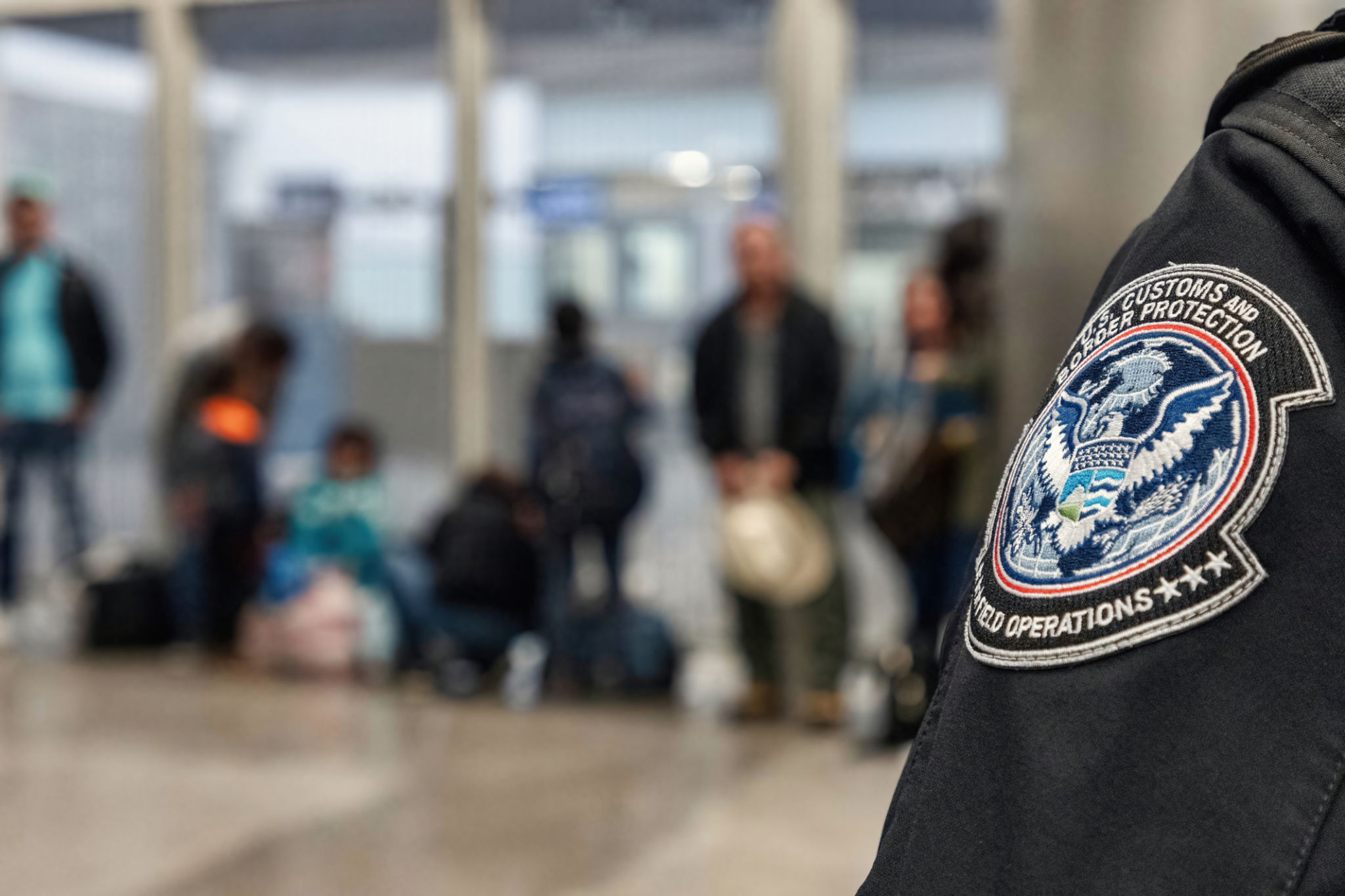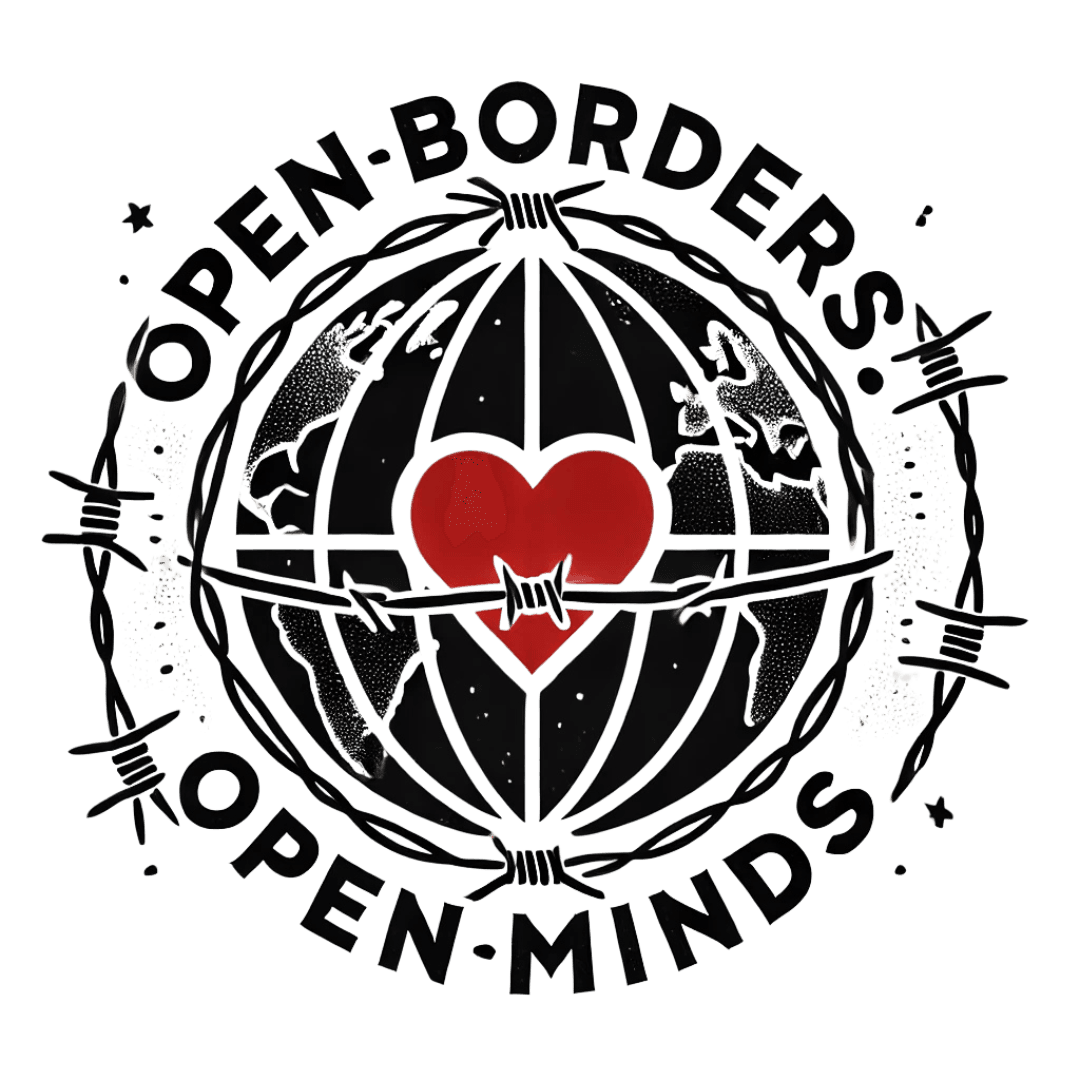Understanding Modern Immigration Challenges: A Podcast Discussion
Introduction to Modern Immigration Challenges
Immigration has always been a cornerstone of global dynamics, shaping societies and economies alike. However, the complexities surrounding modern immigration challenges have grown exponentially. In a recent podcast discussion, experts delved into these intricacies, shedding light on the multifaceted issues immigrants face today.
The podcast brings together voices from various backgrounds, including policy makers, social workers, and immigrants themselves, to provide a comprehensive understanding of the subject. The conversation uncovers both the barriers and opportunities present in today's immigration landscape.

Key Issues in Immigration Policies
One of the primary topics addressed in the podcast is the evolution of immigration policies over the years. Governments worldwide are continuously adjusting their policies to balance national security concerns with humanitarian obligations. These changes often result in a complex web of regulations that can be difficult for immigrants to navigate.
Moreover, the discussion highlighted how some policies inadvertently create barriers to entry and integration. For instance, stringent visa requirements and lengthy processing times can lead to significant delays and uncertainties for those seeking to relocate.

The Impact on Families
Another crucial aspect explored was the impact of immigration challenges on families. Separation due to different legal statuses or visa issues can have profound emotional consequences. The podcast features stories from individuals who have faced such struggles, emphasizing the need for more family-friendly immigration policies.
Additionally, children of immigrants often face unique challenges in education and social integration. The discussion underscores the importance of supportive community programs and policies that facilitate smoother transitions for these young individuals.

Economic Contributions of Immigrants
Despite the challenges, immigrants make significant contributions to the economies of their host countries. The podcast examines how immigrants fill critical labor gaps, drive innovation, and contribute to cultural diversity. This economic perspective is vital in shaping positive narratives around immigration.
Several case studies were discussed, illustrating how immigrant entrepreneurs have successfully launched businesses, creating jobs and boosting local economies. These success stories highlight the potential of inclusive immigration policies to harness such benefits.
Cultural Integration and Social Cohesion
The podcast also delves into the cultural dimension of immigration. Integrating diverse cultures can enrich societies but also poses challenges in terms of social cohesion. The discussion touches upon strategies to promote inclusivity and understanding within communities.
Programs that encourage cross-cultural exchange and dialogue are essential for fostering mutual respect and reducing tensions between native-born citizens and immigrants. The podcast emphasizes that both policy and grassroots efforts are necessary to achieve harmonious integration.

Conclusion: Moving Forward
The podcast concludes with a call to action for more informed and empathetic approaches to immigration. It stresses the importance of listening to immigrant voices and involving them in policy-making processes. By doing so, societies can create more effective solutions that address both the challenges and opportunities of modern immigration.
As listeners reflect on the insights shared, it becomes clear that understanding modern immigration challenges requires a holistic perspective—one that considers economic, social, and cultural dimensions equally. This comprehensive approach is crucial for building a more inclusive future for all.
